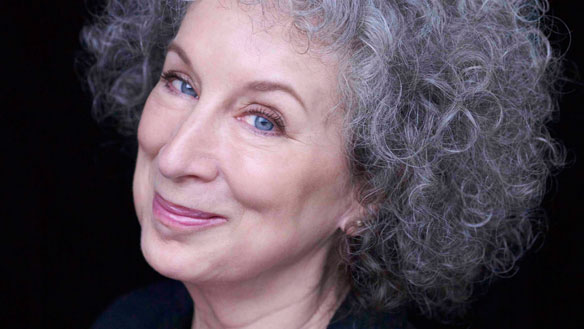Category: quotable
In my class yesterday, we discussed “Tu Do Street” by Yusef Komunyakaa, which appears in his collection Dien Cai Dau:
Music divides the evening.
I close my eyes & can see
men drawing lines in the dust.
America pushes through the membrane
of mist & smoke, & I’m a small boy
again in Bogalusa. White Only
signs & Hank Snow. But tonight
I walk into a place where bar girls
fade like tropical birds. When
I order a beer, the mama-san
behind the counter acts as if she
can’t understand, while her eyes
skirt each white face, as Hank Williams
calls from the psychedelic jukebox.
We have played Judas where
only machine-gun fire brings us
together. Down the street
black GIs hold to their turf also.
An off-limits sign pulls me
deeper into alleys, as I look
for a softness behind these voices
wounded by their beauty & war.
Back in the bush at Dak To
& Khe Sanh, we fought
the brothers of these women
we now run to hold in our arms.
There’s more than a nation
inside us, as black & white
soldiers touch the same lovers
minutes apart, tasting
each other’s breath,
without knowing these rooms
run into each other like tunnels
leading to the underworld.
That line–we fought/the brothers of these women/we now run to hold in our arms. It gets me every time.

In my advanced fiction class, we’ve been reading Margaret Atwood’s The Handmaid’s Tale, a novel my students seem to have fallen in love with, much to my delight. Here’s a small excerpt we discussed last week, when we talked about all the rules women (and men) are subjected to in the Republic of Gilead:
Women were not protected then.
I remember the rules, rules that were never spelled out but that every woman knew: Don’t open your door to a stranger, even if he says he is the police. Make him slide his ID under the doo. Don’t stop on the road to help a motorist pretending to be in trouble. Keep the locks on and keep going. If anyone whistles, don’t turn to look. Don’t go into a laundromat, by yourself, at night.
I think about laundromats. What I wore to them: shorts, jeans, jogging pants. What I put into them: my own clothes, my own soap, my own money, money I had earned myself. I think about having such control.
Now we walk the same street, in red pairs, and no man shouts obscenities at us, speaks to us, touches us. No one whistles.
There is more than one kind of freedom, said Aunt Lydia. Freedom to and freedom from. In the days of anarchy, it was freedom to. Now you are being given freedom from. Don’t underrate it.
(Photo credit: George Whiteside/House of Anansi)
I’m teaching J.M. Coetzee’s Waiting for the Barbarians in my advanced fiction class and while writing down page numbers for my notes I came across this lovely passage, where the Magistrate reflects upon the role he and Colonel Joll play in the functioning of the empire:
For I was not, as I liked to think, the indulgent pleasure-loving opposite of the cold rigid colonel. I was the lie that Empire tells itself when times are easy, he the truth that Empire tells when harsh winds blow. Two sides of imperial rule, no more, no less.
If you haven’t read this gem of a novel, you really should.
Here is one of my favorite poems by Taha Muhammad Ali: “Thrombosis in the Veins of Petroleum”:
When I was a child
I fell into the abyss
but didn’t die;
I drowned in the pond
when I was young,
but did not die;
and now, God help us—
one of my habits is running
into battalions of land mines
along the border,
as my songs
and the days of my youth
are dispersed:
here a flower,
there a scream;
and yet,
I do not die!
*
They butchered me
on the doorstep
like a lamb for the feast—
thrombosis
in the veins of petroleum;
In God’s name
they slit my throat
from ear to ear
a thousand times,
and each time
my dripping blood would swing
back and forth
like the feet of a man
hanged from a gallows,
and come to rest,
a large, crimson mallow
blossom—
a beacon
to guide ships
and mark
the site of palaces
and embassies.
*
And tomorrow,
God help us—
the phone won’t ring
in a brothel or castle,
and not in a single Gulf Emirate,
except to offer a new prescription
for my extermination.
But …
just as the mallow tells us,
and as the borders know,
I won’t die! I will not die!!
I’ll linger on—a piece of shrapnel
the size of a penknife
lodged in the neck;
I’ll remain—
a blood stain
the size of a cloud
on the shirt of this world!
Here is the poem in the original Arabic: ترمبوزة في شرايين النفط. You can find it in the collection So What: New and Selected poems, 1971-2005 translated by Peter Cole, Yahya Hijazi, and Gabriel Levin. Next month, Yale University Press will be publishing a biography of Taha Muhammad Ali.
